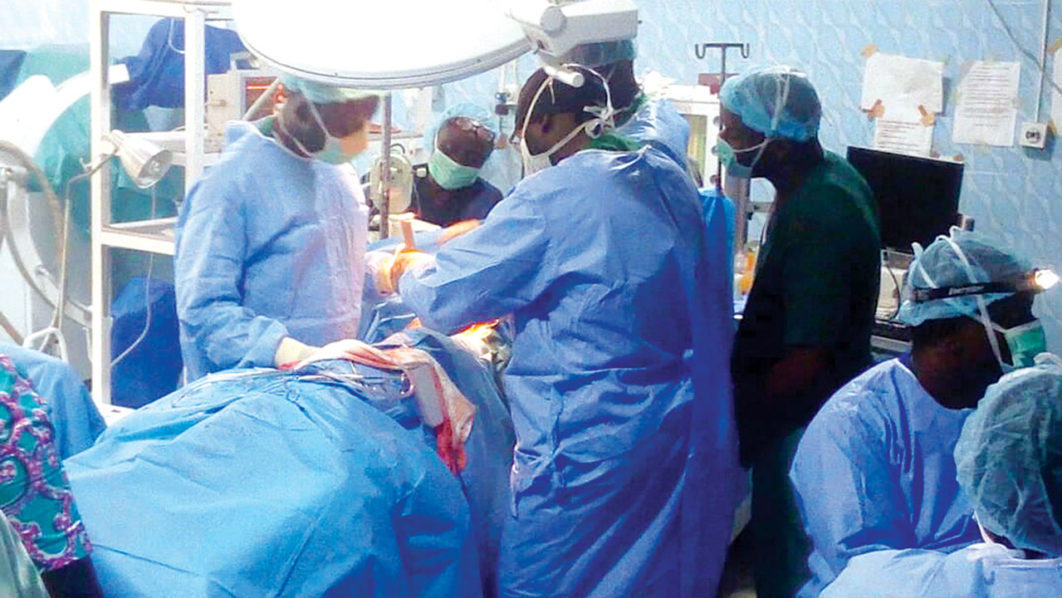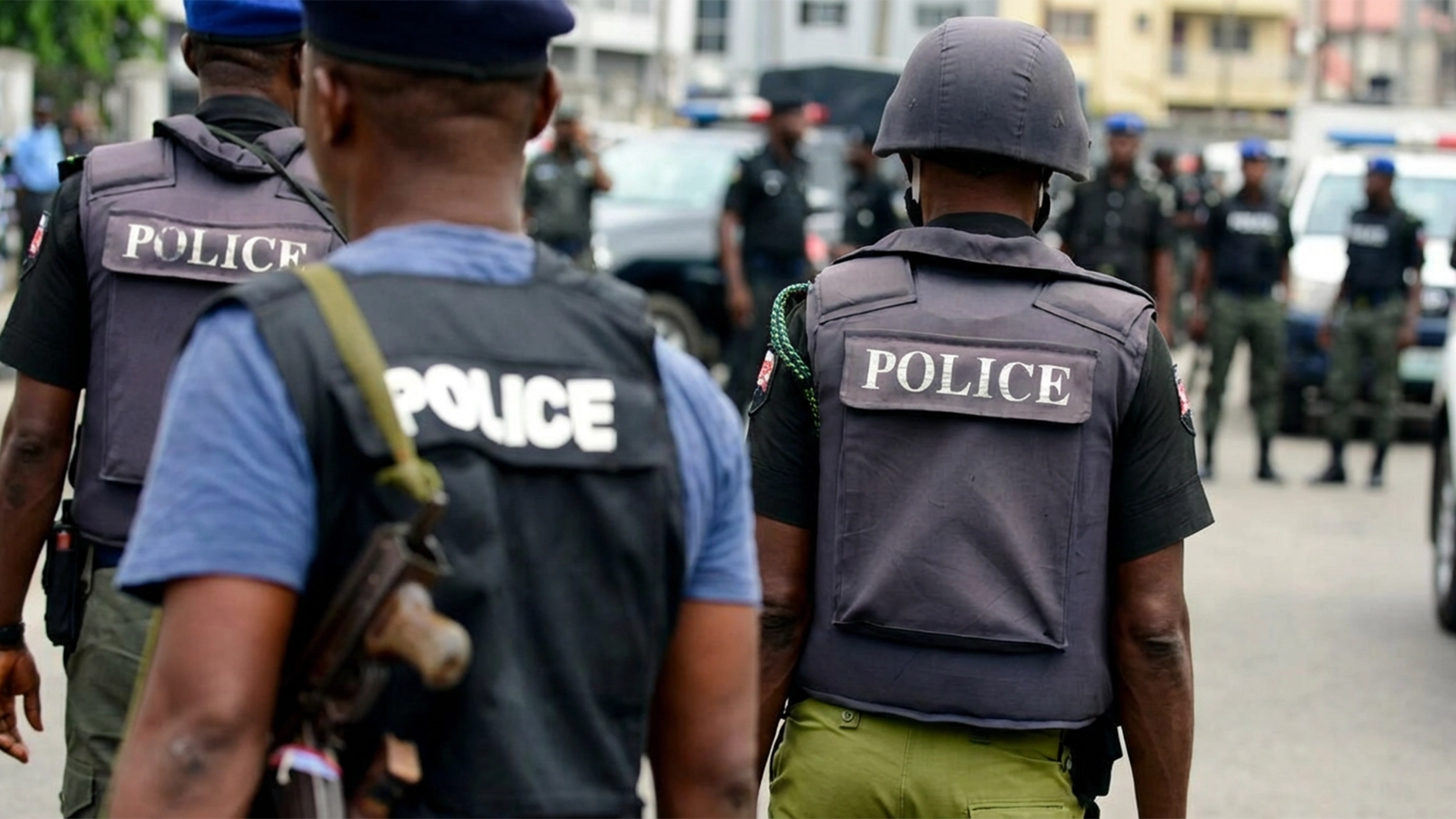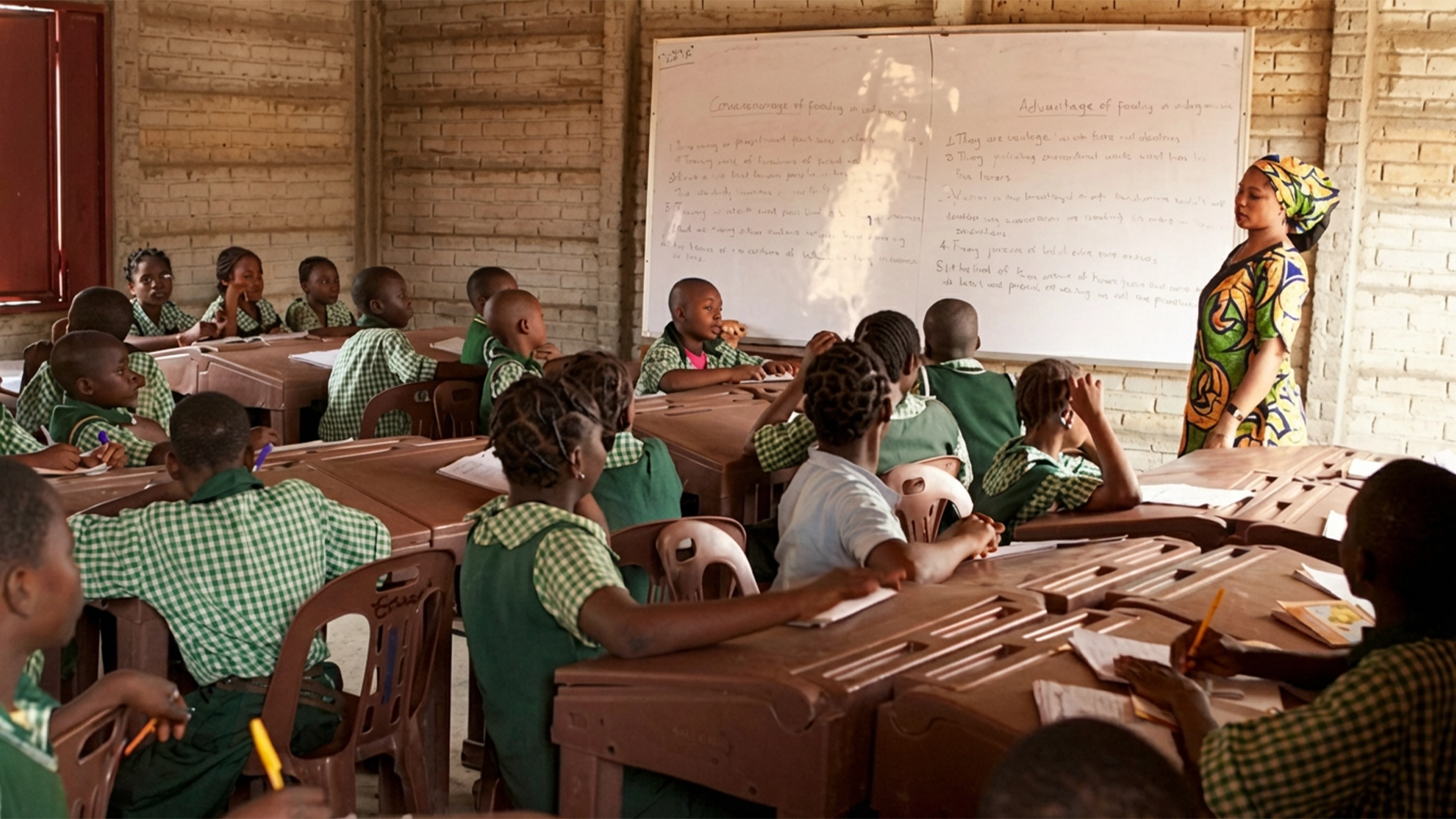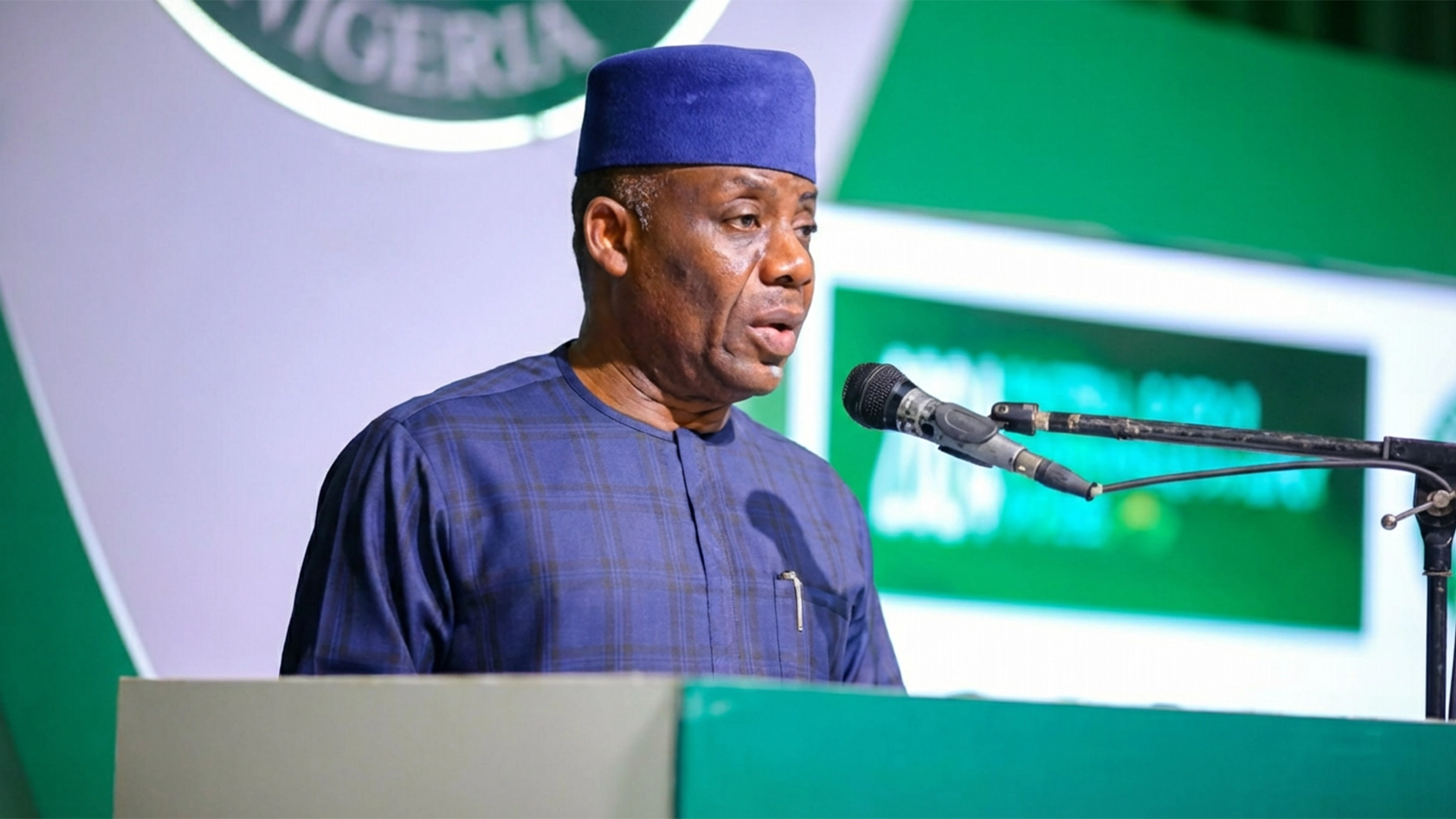
A report the other day that resident doctors in the country had embarked on another indefinite nationwide strike should be unsettling amid the raging COVID-19 pandemic. This is certainly not the best time for doctors to embark on any strike. There is a very serious health challenge facing the country. Doctors are needed at this.
Why can’t government, in the interest of public health, once and for all, address the recurrent issues that cause doctors to embark on a strike, which can endanger the lives of millions?
It is baffling that most times in the year, the doctors and the governments are contending over nagging issues of poor conditions of service and poor health facilities.
With the alleged failure of government to meet the demands of the doctors following the expiration of the 14-day ultimatum issued to the Federal Government, the nation’s healthcare system has been plunged into another avoidable turmoil.
Among the demands of the doctors are immediate implementation of the revised hazard allowance and payment of the COVID-19 inducement allowance as “agreed by government and healthcare workers” three months ago. They also want an immediate payment of all arrears owed doctors in federal and state tertiary health institutions, arising from consequential adjustment of the national minimum wage.
President of the National Association of Resident Doctors (NARD), Dr. Aliyu Sokomba, who announced the commencement of the strike at a press conference in Abuja said NARD members attending to COVID-19 patients at designated isolation centres were exempted from the strike for two weeks after which, if their demands were not met, they would be co-opted to join the industrial action.
He explained that the exemption was in recognition of the intervention of the speaker of the House of Representatives, the chairman of the House Committee on Health Services and other stakeholders as well as a demonstration of NARD’s goodwill to Nigerians.
Sokomba faulted the non-payment of the COVID-19 hazard inducement allowance to all health workers across the country in spite of repeated promises by government. He alleged insincerity of officials of the executive arm of government in paying the outstanding salary shortfall of 2014, 2015 and 2016 under the guise of appealing the decision of the National Industrial Court.
There have been concerns over the plight of members of the association in state hospitals such as the non-domestication and non-implementation of the Medical Residency Training Act, the non-implementation of appropriate salary structure, non-payment of salaries and recently, the slashing of salaries of doctors and other healthcare workers by Kaduna and Kogi states.
Meanwhile, the medical professional bodies have been decrying the sorry state of the healthcare delivery system in the country which, according to them, has been characterised by perpetual unavailability of personal protective equipment (PEQ) for workers in the hospitals with the attendant increase in infection rates and unnecessary suffering of patients and their relatives following the use of obsolete equipment, machines and technology.
The resident medical association has also been advocating provision of funding for medical residency training in the 2021 Appropriation Bill even as it called for stoppage and immediate refund of all illegal, unjust and callous cut in salaries of its members by Kaduna and other states.
They have appealed to Nigerians generally to bear with them and understand their action as “a battle to save the almost dead health sector.” Expectedly, the strike has paralysed medical services in the hospitals. A host of patients, including those in critical condition, have been left to their fate. The situation in the hospitals is pathetic and, indeed, a matter of life and death. Most of the poor patients have no respite. This is totally unacceptable in any decent and civilised society. Enough is enough.
It is heart-rending that medical personnel in Nigeria’s health system have been pushed to become accustomed to strikes without minding that lives are involved. Government is not helping matters. The Hippocratic Oath the doctors swore to save lives has been forgotten. Why is this ethical issue not considered at all times?
When the doctors are not on strike, it is the nurses or other category of health workers. On each occasion, it is the unfortunate patients that suffer and are left to die with no one held accountable.
The issues agitating the resident doctors are long outstanding. The health system has been bastardised over the years on the same issues. Except something is done urgently, the nationwide industrial action could only lead to unnecessary loss of innocent lives.
Not until the Federal Government and indeed the various state governments begin to honour agreements reached with Labour unions without first waiting for a showdown would the country have industrial peace and harmony.
For how long would the country continue to be faced with the same problem? The Federal Government should do everything possible to stop the on-going strike by doctors to save the hapless citizenry from death. Their demands should be addressed forthwith.
What the doctors are demanding is improved health facilities of which remuneration is only a part. The doctors should be paid their deserved entitlements. Nigerian doctors abroad are doing well simply because the facilities are there and the conditions of service wherever they are, have been worthwhile.
According to the NMA, there are 72,000 registered Nigerian doctors with over 50 per cent practising outside the country. Consequently, there are fewer than 40,000 doctors in an estimated population of 196 million.
With the number of resident doctors in Nigeria put at about 16,000 (that is 40 per cent of 40,000), that leaves the country with just 24,000 doctors, including consultants and those in private practice. The situation will further reduce the country’s doctor-to-patient ratio from 1:6,000 to 1: 10,000. While the World Health Organisation (WHO) recommends 1:600 doctor-patient ratio, Nigeria currently has one doctor attending to 6,000 patients. Yet, government is not even keen on retaining the few doctors left in the country. It is sad.
Finally, refusal to honour agreements has always been the main reason for Labour unrest in the country. This has always put government in bad light. But the current one when we are facing a pandemic is unfortunate and should therefore be quickly addressed in public interest.






